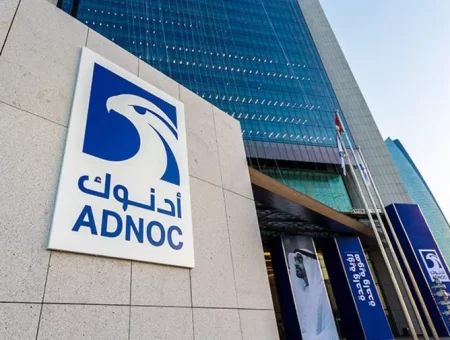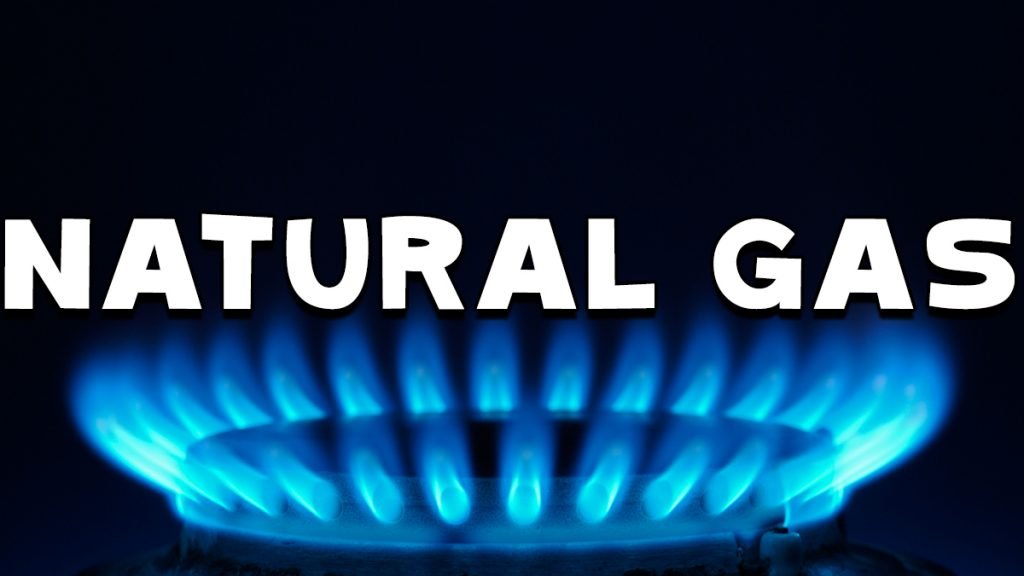 24 January 2013, Sweetcrude, Lagos – Indications are that the dream take off of the Brass LNG project, located in Nigeria’s Niger Delta region, may not materialise afterall, owing to rising cost of the project that heightens doubts over its commercial success and shareholders’ lethergy.
24 January 2013, Sweetcrude, Lagos – Indications are that the dream take off of the Brass LNG project, located in Nigeria’s Niger Delta region, may not materialise afterall, owing to rising cost of the project that heightens doubts over its commercial success and shareholders’ lethergy.
Brass LNG is owned jointly by are the Nigerian National Petroleum Corporation, Total,
Eni, Bayelsa state, LNG Japan, Itochu Corporation and a joint venture between Nigerian indigenous firm Sahara and French firm Sempra Energy.
The other foreign partner, ConocoPhillips who divested from the liquefied natural project in April last year, is expected to be replaced by Oando.
It was gathered revealed that among the key reasons Conoco backed out of the Brass LNG project was because the cost benefit analysis had turned negative.
Other partners are also believed to be developing cold feet in going ahead with the project, which accounts for the continued postponement of a final investment decision on the $6bn gas project.
NNPC chieftains have repeatedly promised the FID would be taken first by the first quarter of 2013, now shifted to April this year. The initial plan was to takie the FID in 2010.
Apart from concerns over availability of natural gas feedstock for the plant, other partners are also demanding more commitment from the Nigerian government in absorbing the risks on the huge investment.
Although the shareholders said the 10 million metric tonnes of LNG to be produced yearly had virtually been sold, however, the buyers will be unable to sign the Sales Purchase Agreement (SPA) until after the FID has been signed.
Gas suppliers insist they have to invest heavily in gas development if they are to commit to a Gas Supply Agreement (GSA) for 25 years with Brass LNG. Their concerns, industry sources say, include the ability of NNPC to fund its own share of Joint Venture cash call for this development.
Another major challenge is the fact that Nigeria has dallied on getting the Petroleum Industry Bill passed into law, with gas suppliers at sea on what the fiscal terms would offer at the end of the day.
Companies said the terms in the draft bill recommends a harsh fiscal regime that will make gas development very challenging.
Some international oil companies assure that the country has enough gas reserves, but it needs to be developed to meet the supply requirement of the project and probably, other gas-dependent projects, which could include power supply, as well.
The Funiwa gas project is critical to development of the Brass LNG and indications are that this project may have been shelved altogether.
The LNG project is expected to raise Nigeria’s gas export volumes, create over 20,000 jobs and improve revenue receipt for the government.



